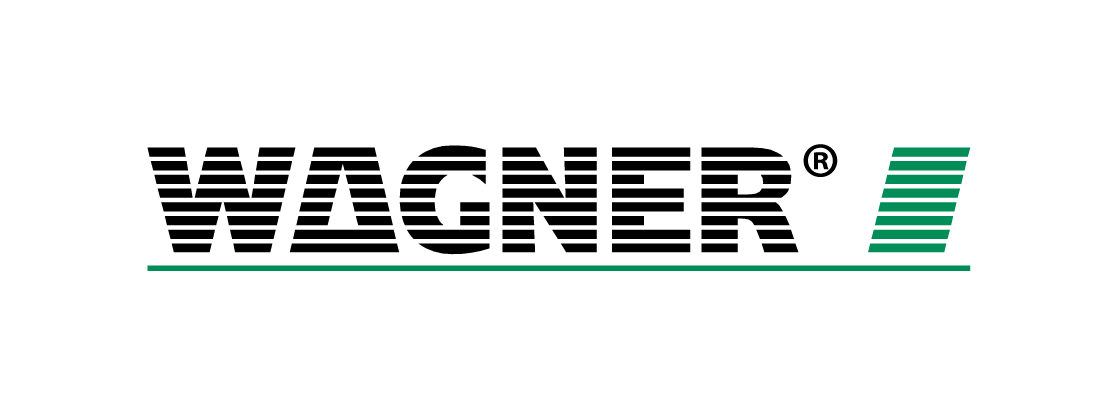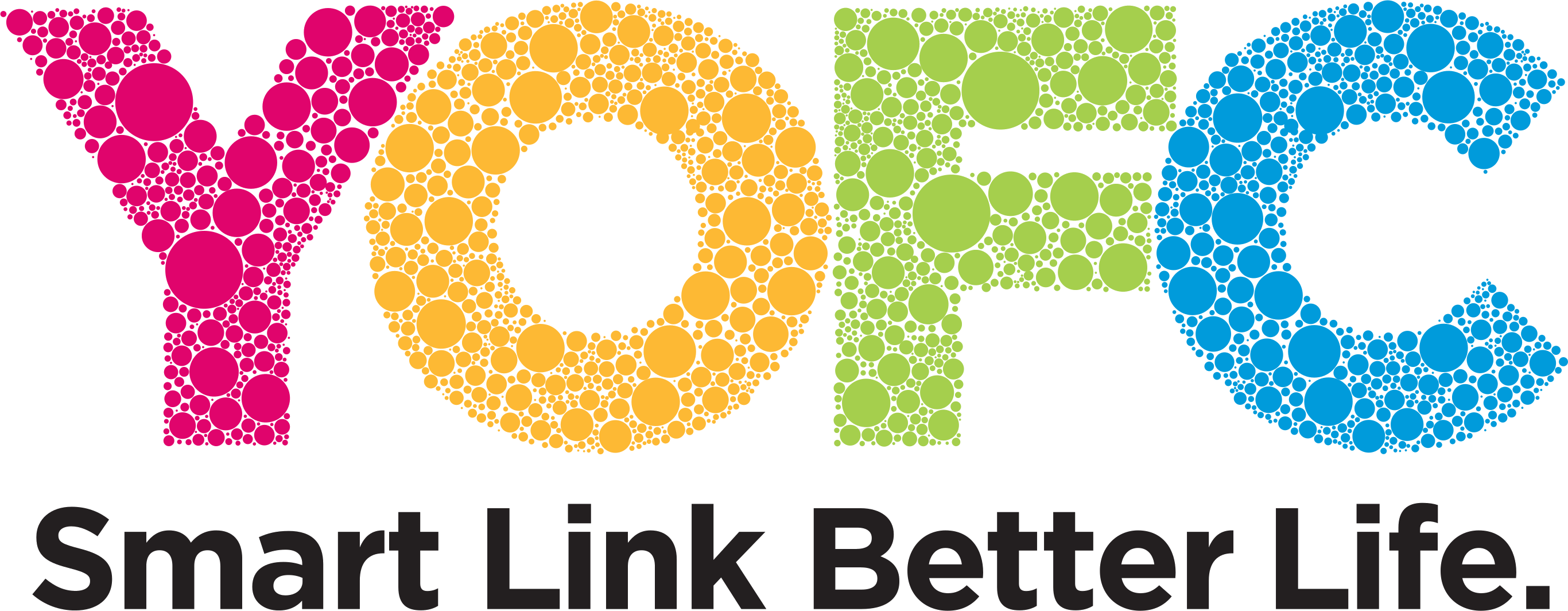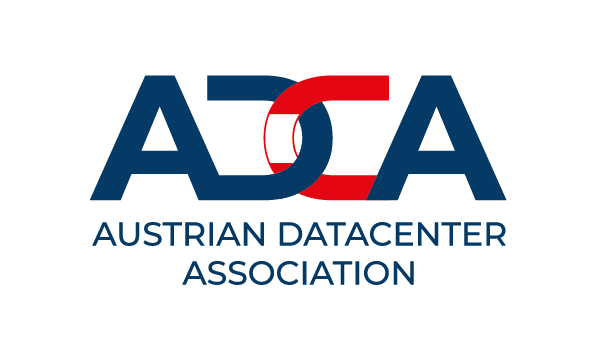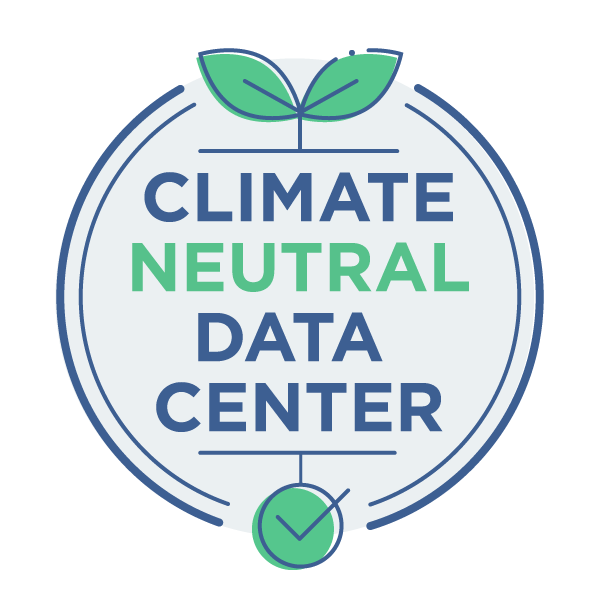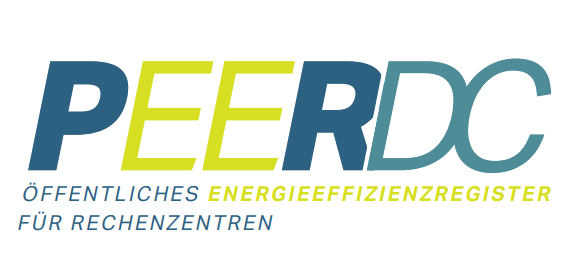Category: Doctorate
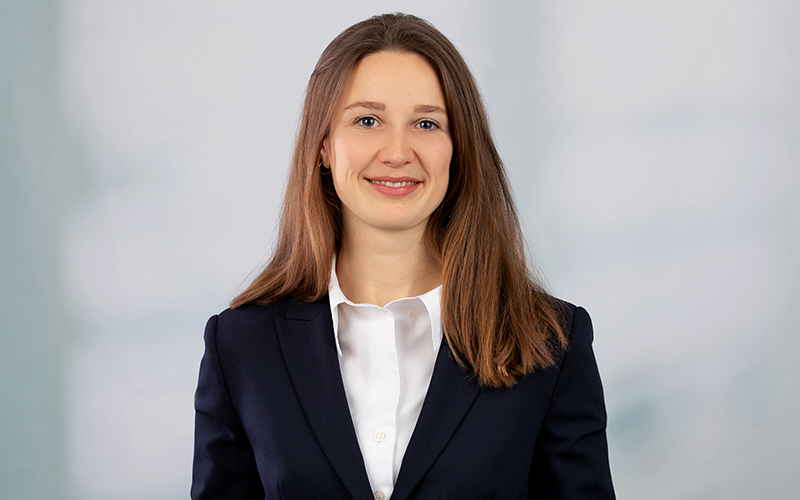
2024: Dr. Paula Marlene Wenzel
PhD Thesis | University of Stuttgart
Energy Efficiency and Environmental Assessment of Cooling Towers
![[Translate to Englisch:] Dr. Dirk Turek](/fileadmin/images/award/Dirk-Turek_400.jpg)
2023: Dr. Dirk Turek
PhD Thesis | University of Stuttgart
Site selection for Data Centers Considering the Total Cost of Ownership - A Framework for Multi-Criteria Decision Analysis
In his doctoral thesis, Dr. Dirk Turek developed a comprehensive cost model for forecasting and selecting data center locations. His model incorporates variable factors such as transportation access, workforce availability, and environmental aspects, as well as constant factors like IT hardware and electricity costs. The aim was to create a practical and applicable model for real-world use.
Category: Master's Thesis
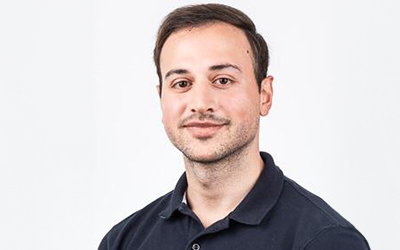
2024: Emre Öksüz
M.Sc. | Kiel University
GreenTech: Efficiency Benchmarking of Cloud-Native Applications in Kubernetes
![[Translate to Englisch:] Ruben Glowczak](/fileadmin/images/award/Ruben_GLOWCZAK_400.jpg)
2023: Ruben Glowzcak
M.Sc. | Darmstadt University of Applied Sciences
How machine learning helps to improve power monitoring systems
Ruben Glowczak, in his master’s thesis, explored how the interplay between Artificial Intelligence and Machine Learning can enhance the interpretation of power monitoring data in data centers. His work provided valuable insights into how energy input monitoring can be carried out more efficiently with less personnel.
![[Translate to Englisch:] Tobias Schiffmann](/fileadmin/images/award/TSchiffmann.jpg)
2022: Tobias Schiffmann
M.Sc. Softwaretechnik | University of Stuttgart / HPE
Processor Frequency Sweet Spot Prediction based on Dynamic Code Analysis
In 2022, Tobias Schiffmann won the award in the category “Best Master’s Thesis” with his thesis submitted at the University of Stuttgart. His work in the field of software investigated how dynamic code analysis can be used to predict the energy-optimal power limit of processors through artificial intelligence.
Category: Bachelor's Thesis

2024: Martine Mirabella Meyer
B.Sc. | Hochschule RheinMain
Erfolgsfaktoren der Projektentwicklung von Rechenzentren
Category: Student Research Projects

2024: Justin Bürger
Student Research Project | TU Dresden
Modelling and Analysis of Somitogenesis - Towards Reproducibility of Research Data using a Model Repository
![[Translate to Englisch:] Phillip Riegger](/fileadmin/images/award/Phillip_Riegger_400.jpg)
2023: Phillip Riegger
M.Sc. Energy Engineering | University of Stuttgart
Techno-economic analysis of waste heat utilization from data centers
Philipp Riegger was recognized for his student research at the Institute of Energy Economics and Rational Energy Use at the University of Stuttgart. The jury honored his analysis and calculations of various forecasting models for different scenarios of waste heat utilization from data centers for heat supply.
Category: Special Award “Sustainable Data Centers”
![[Translate to Englisch:] Julian Hauber](/fileadmin/images/award/Julian_Hauber_400.jpg)
2023: Julian Hauber
M.Sc. | JH-Computers GmbH
Innovative data center concept with renewable energies, CHP, absorption cooling and waste heat utilisation
Julian Hauber set pioneering and sustainable impulses for the industry by implementing and operating a climate-neutral data center in the Ostalb region. For the insights gained and processed, he received the GDA Young Talent Award in the category Start-up/Sustainability.
![[Translate to Englisch:] Tim Grothey](/fileadmin/images/award/TGrothey.jpg)
2022: Tim Grothey
M.Sc. Industrial Engineering – Energy and Environmental Resources | HTW Berlin / HWR Berlin
Climate-neutral data centers: What measures will data centers need to take to achieve climate neutrality by 2030? An assessment of flexible self-production of renewable energy and waste heat utilization in data centers
Tim Grothey received the Special Award “Sustainable Data Centers” in 2022, reflecting the GDA's recognition of the topic’s importance for the industry. In his master’s thesis at the Berlin University of Applied Sciences (HTW Berlin) and the Berlin School of Economics and Law, he analyzed the measures required to achieve climate neutrality in data center operations by 2030. His work placed particular emphasis on potential solutions involving flexible in-house production of renewable energy and the utilization of waste heat.
Category: Start-up
![[Translate to Englisch:] Thomas Weber](/fileadmin/images/award/TWeber.jpg)
2022: Thomas Weber
Co-Founder / Head of Data Science | ETA-lytics GmbH
AI-supported optimization of cooling systems in data centers
In 2022, Thomas Weber, Co-Founder and Head of Data Science at ETA-lytics GmbH, received the award in the “Start-up” category. His company, a 2020 spin-off of the ETA Factory at TU Darmstadt, impressed the jury with its concept for AI-driven optimization of cooling systems in data centers.

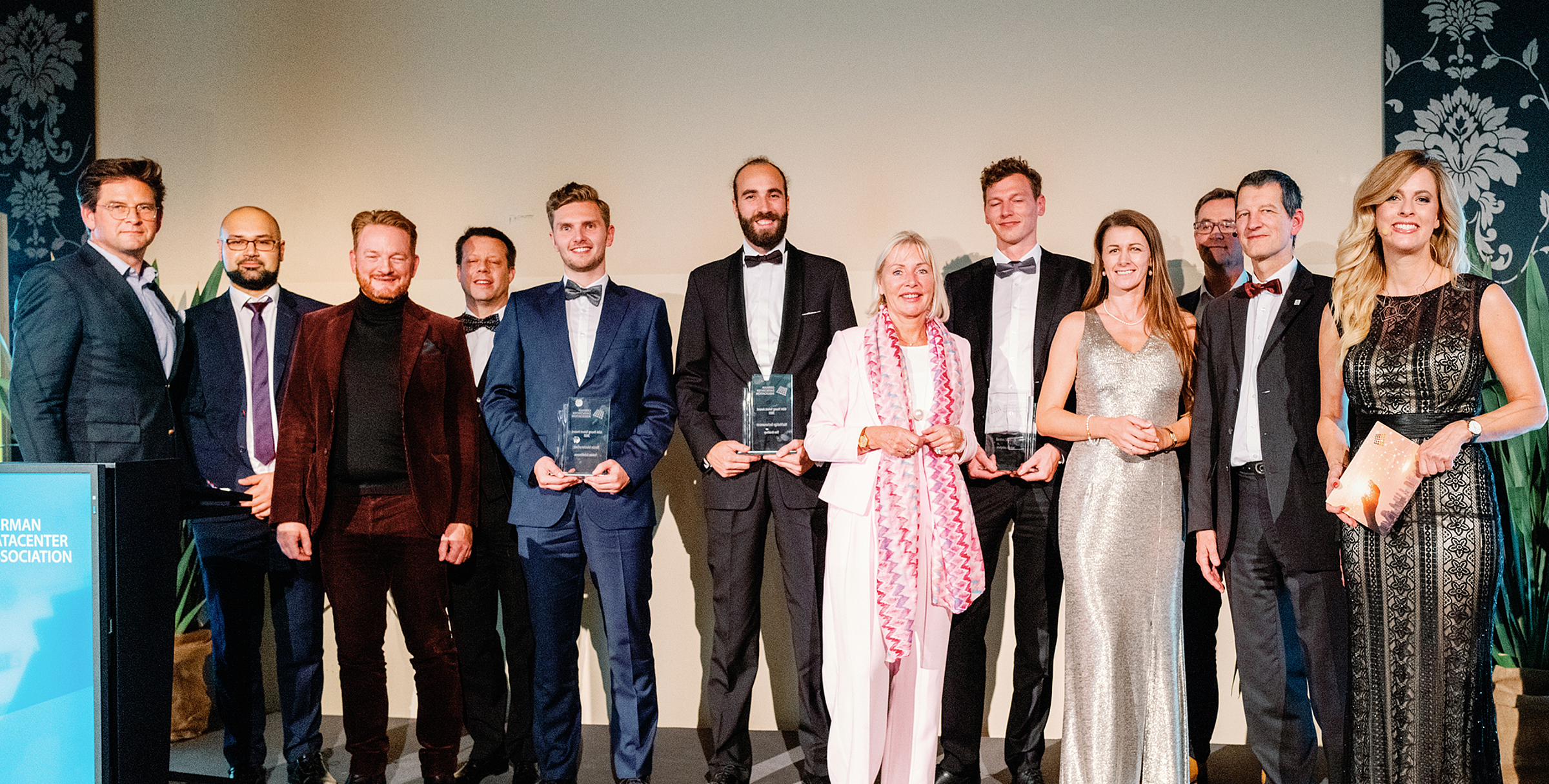










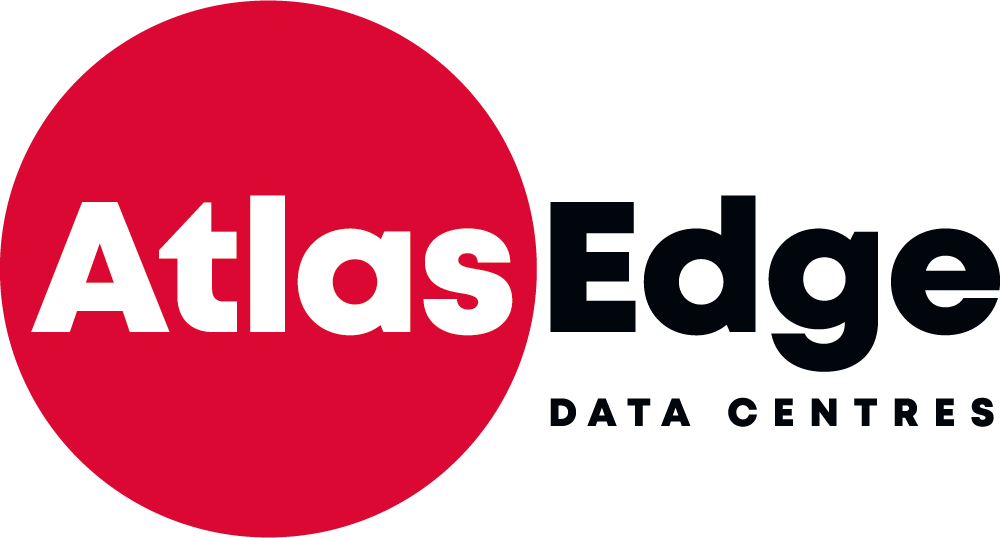



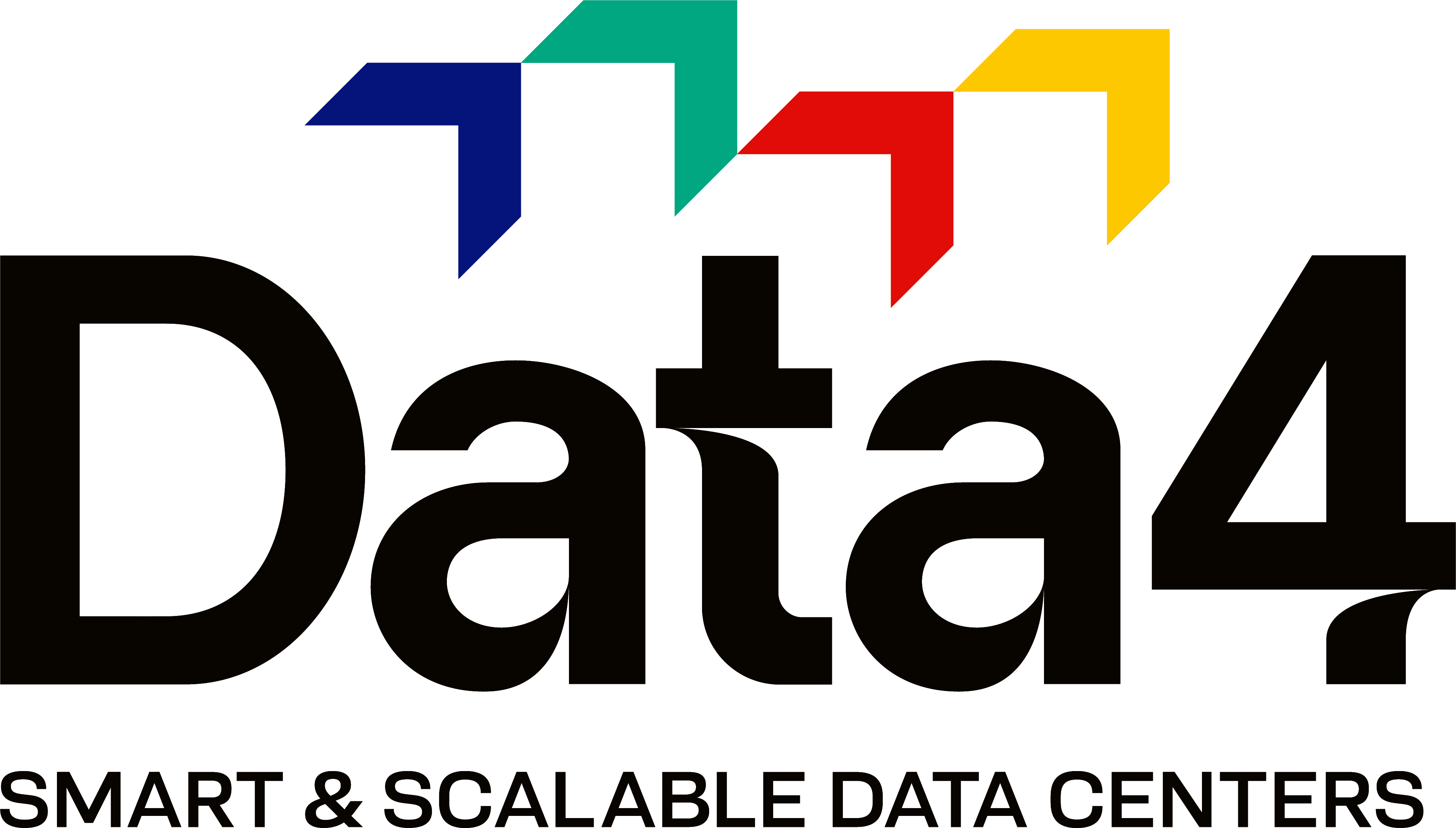


![[Translate to Englisch:] Equinix](/fileadmin/images/logos/EQIX-CircleR-RGB__1_.png)






![[Translate to Englisch:] GRASS-MERKUR GmbH & Co. KG](/fileadmin/images/logos/GrassMerkur-1.png)





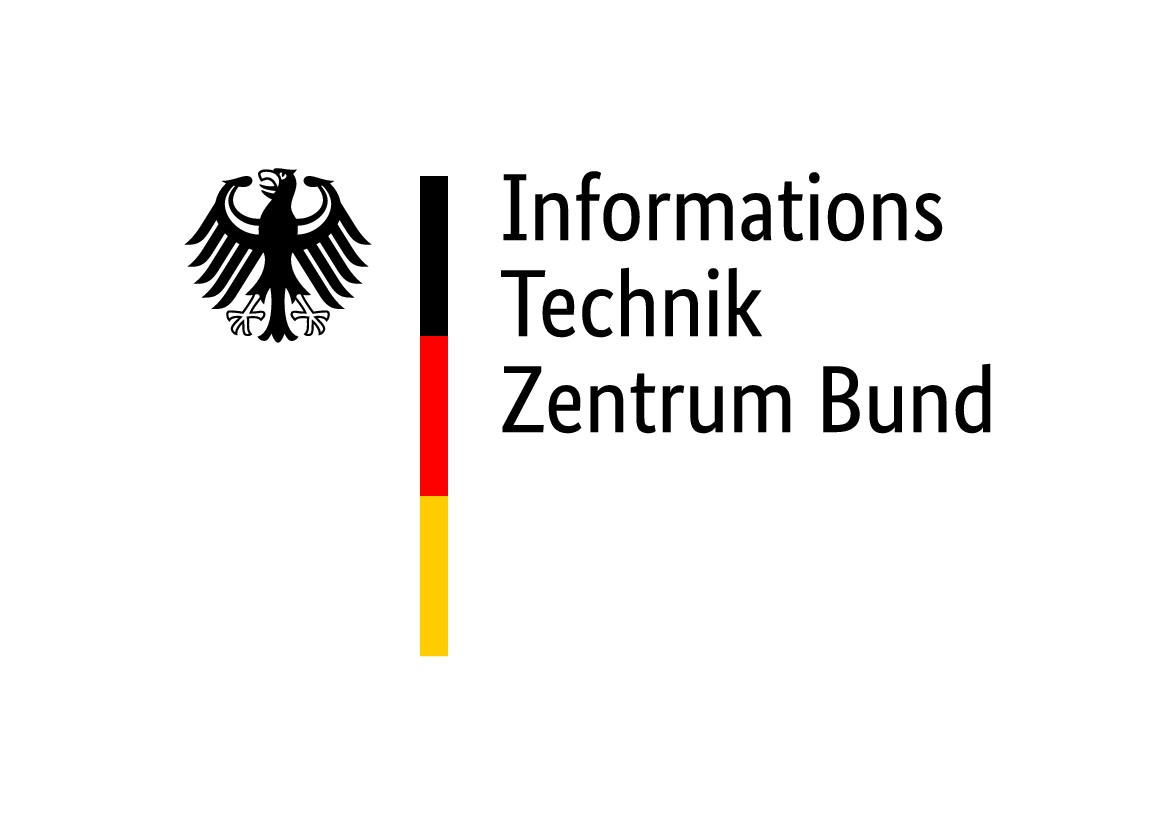

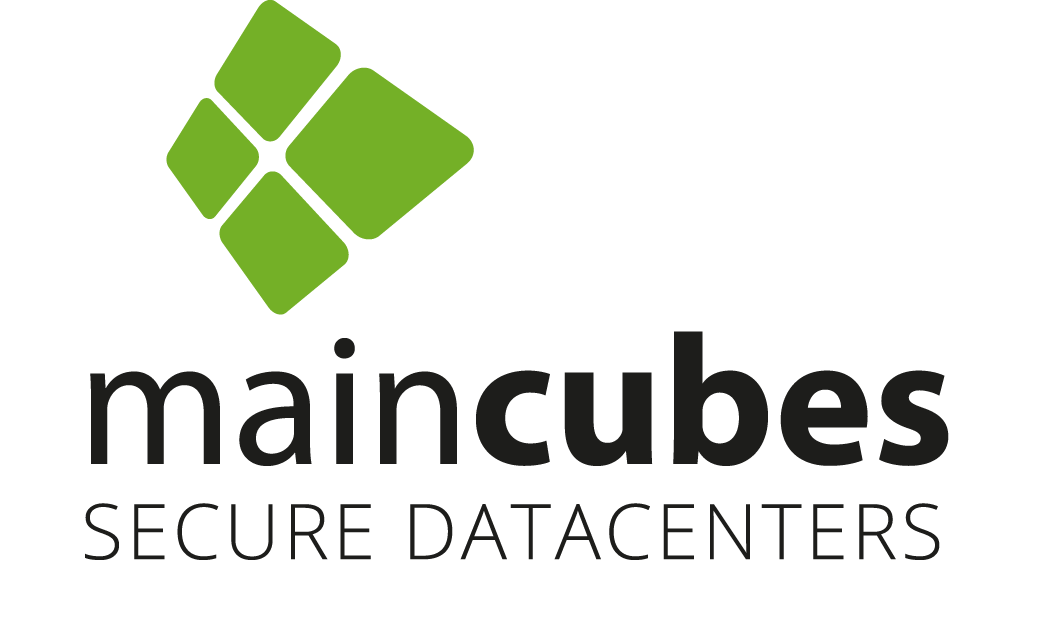
![[Translate to Englisch:] Mainova Webhouse GmbH & Co. KG](/fileadmin/images/logos/200917_MNV_WebHouse_RGB_pos.png)







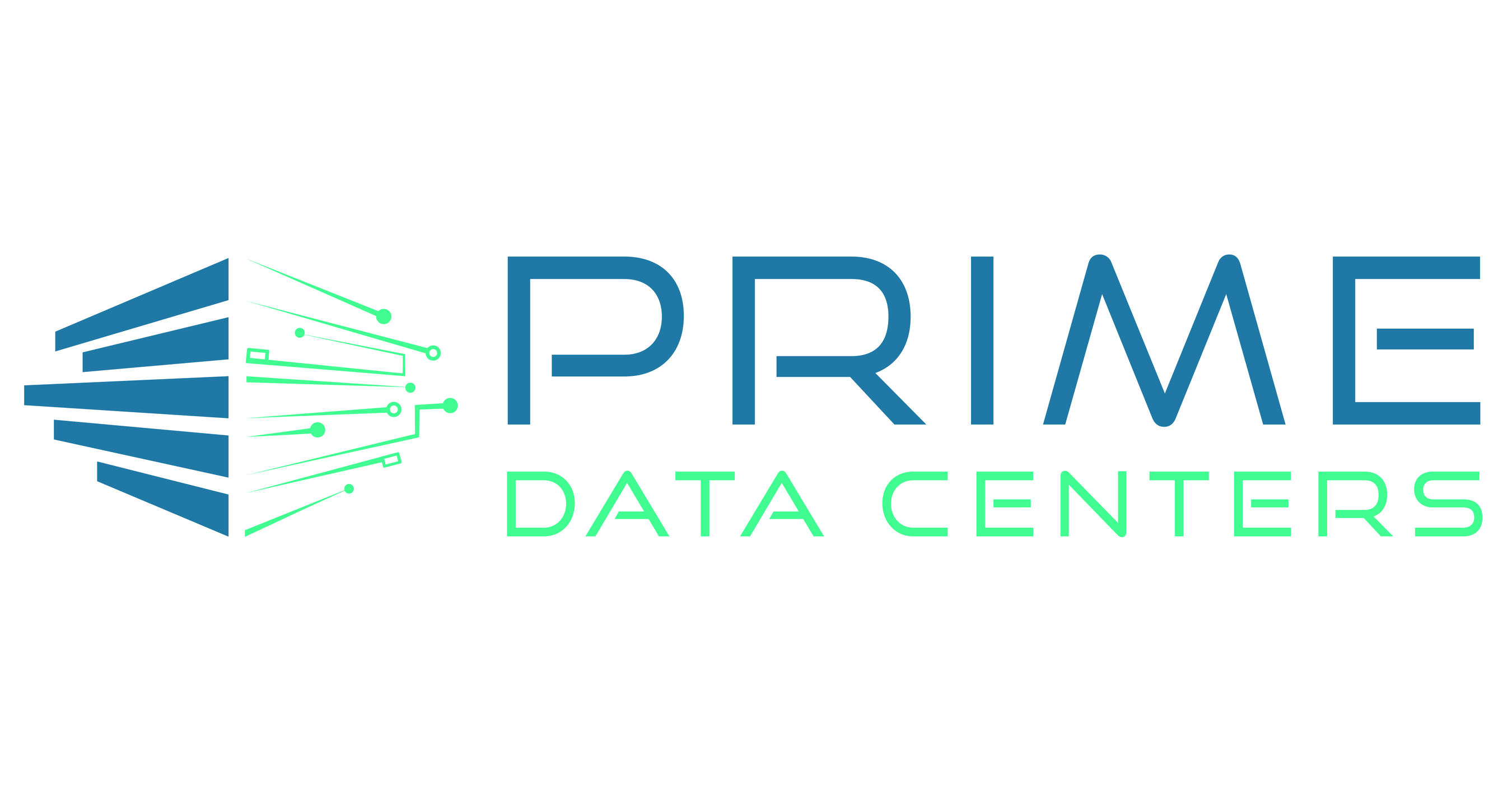

![[Translate to Englisch:] rockenstein AG](/fileadmin/images/logos/rockenstein.png)


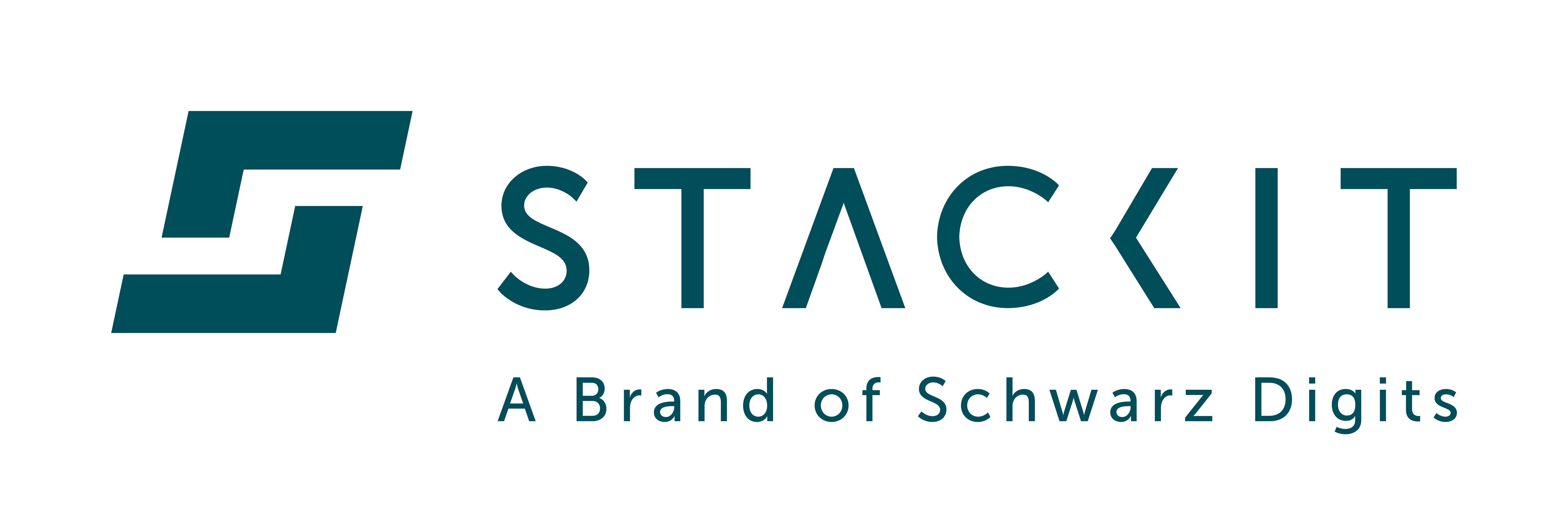
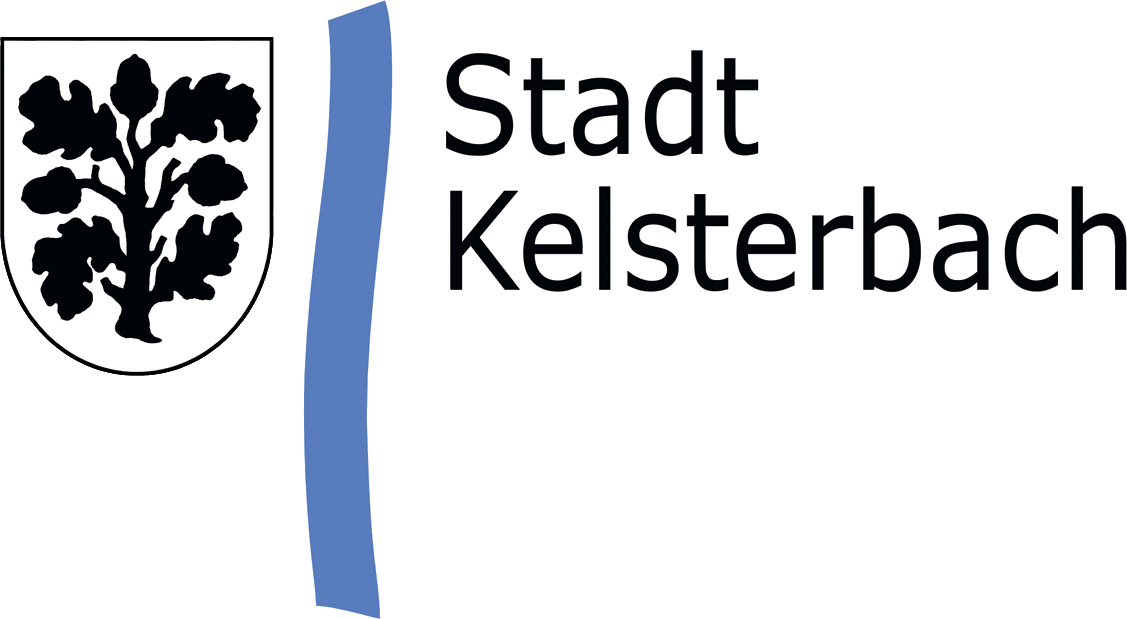

![[Translate to Englisch:] Telehouse Deutschland GmbH](/fileadmin/images/logos/Telehouse_Logo_transparent_CMYK_blau_ohne_slogan.png)
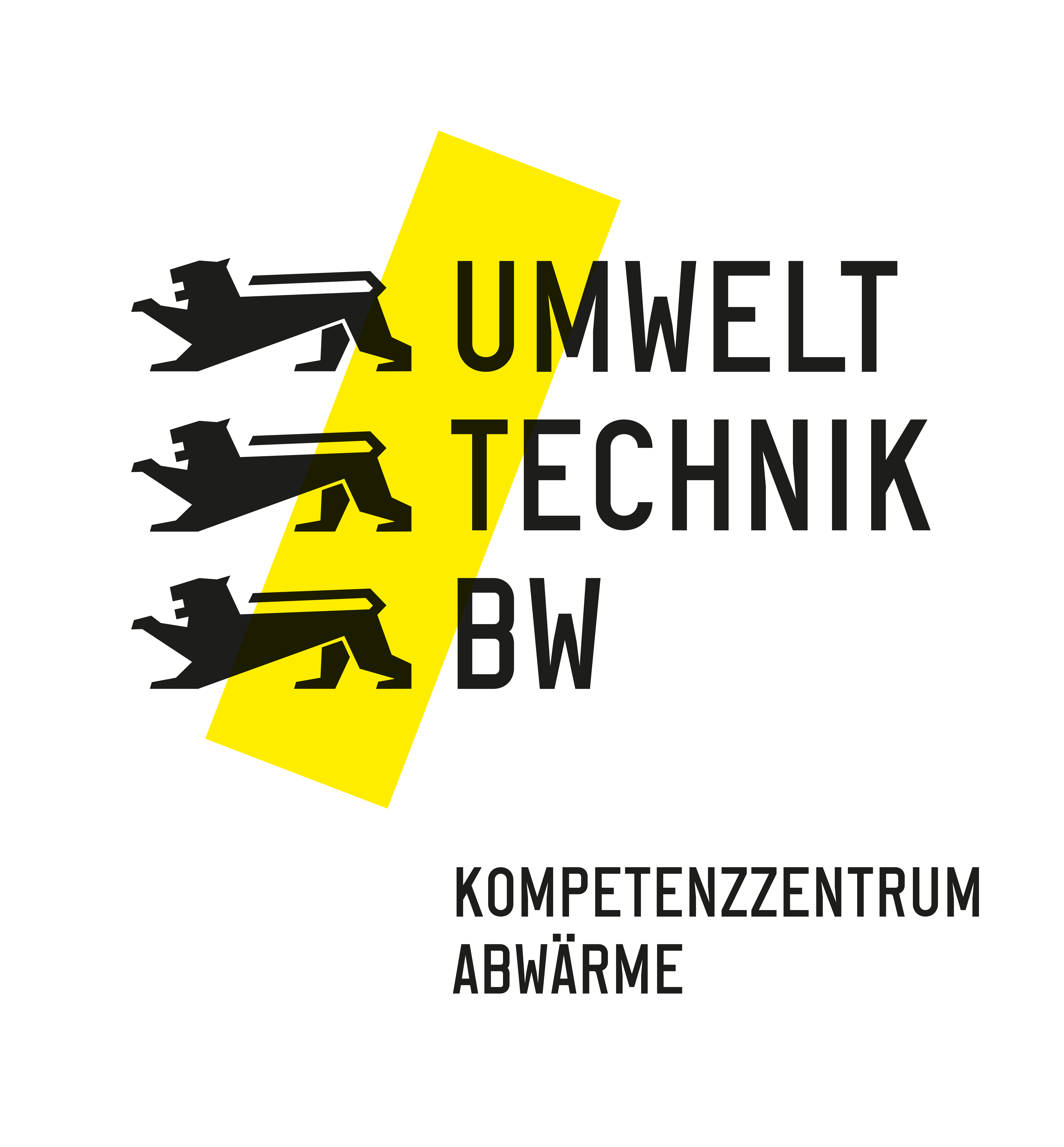
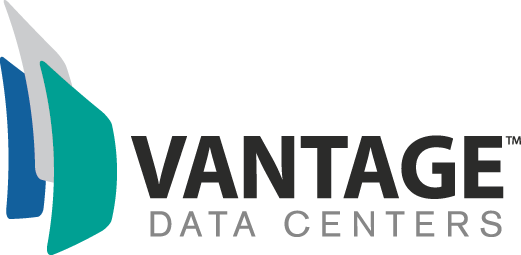
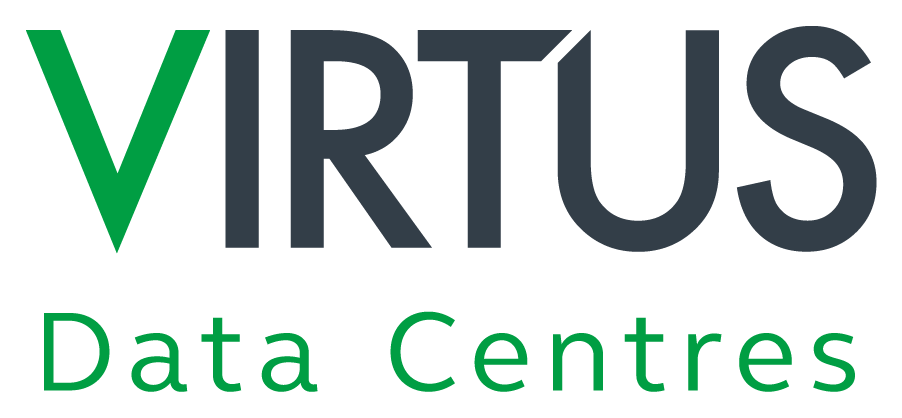



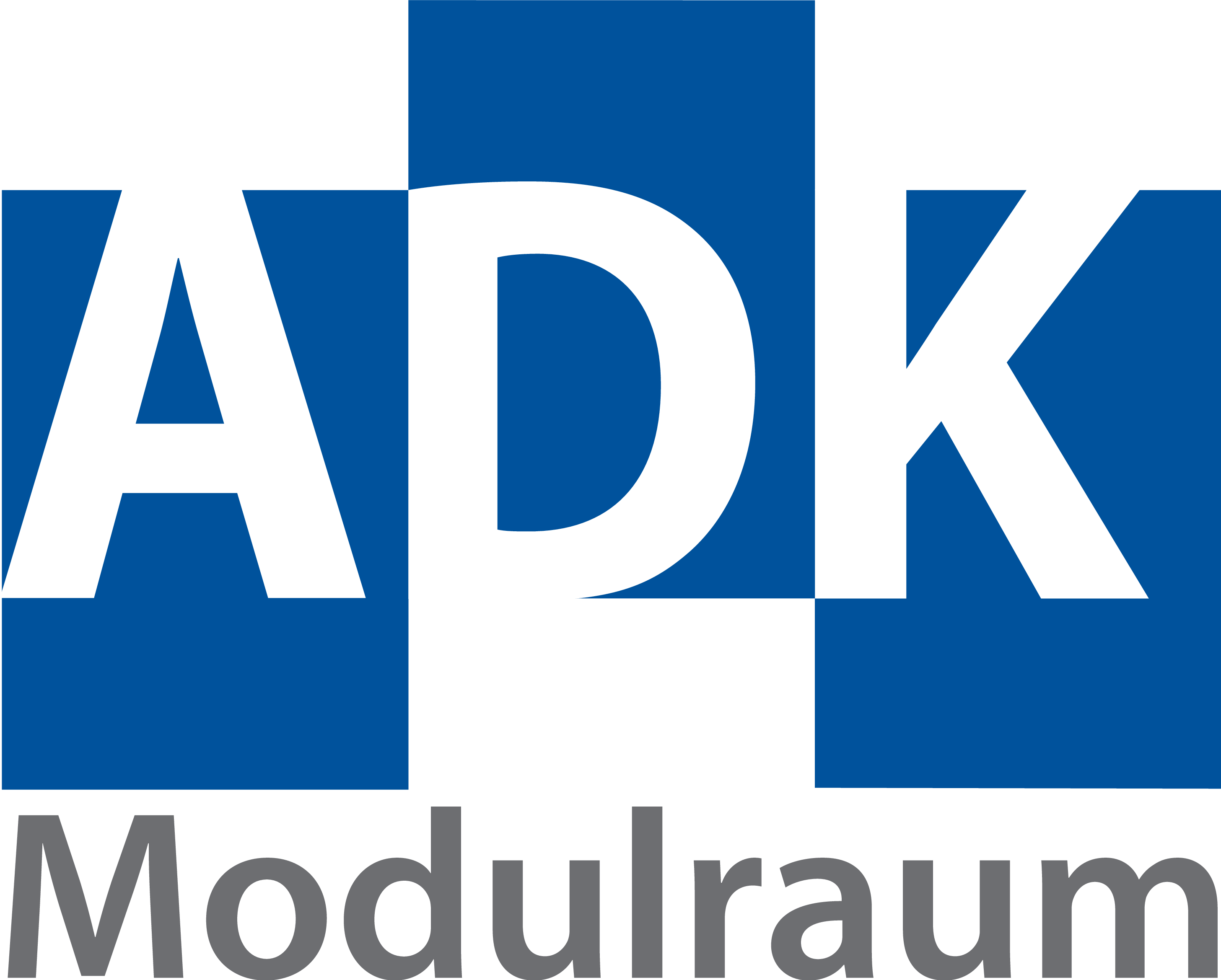
![[Translate to Englisch:] Adolf Lupp GmbH + Co. KG](/fileadmin/images/logos/Lupp-Logo.png)





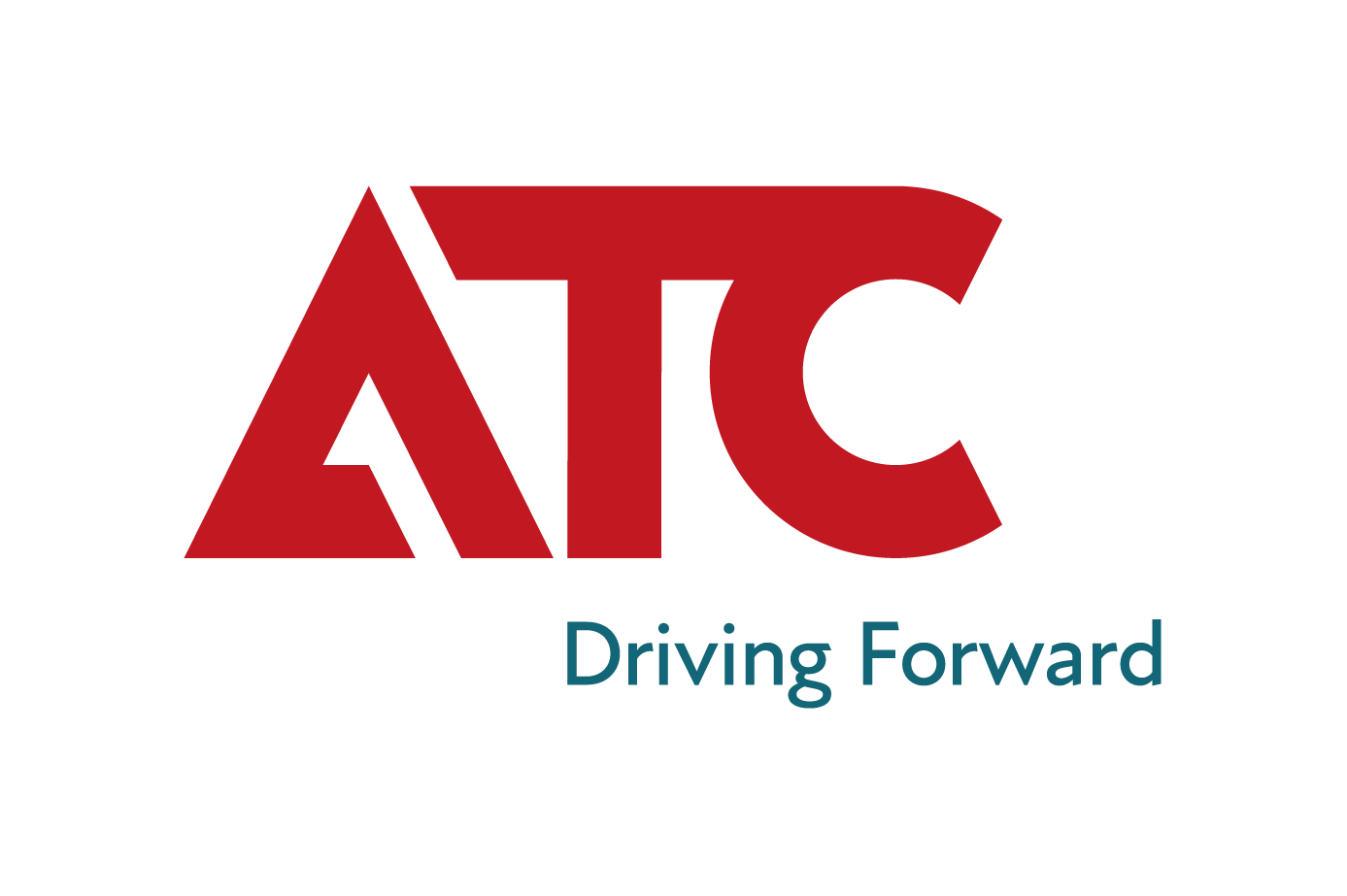

![[Translate to Englisch:] BCS](/fileadmin/images/logos/BCS_logo_RGB_Transparent.png)

![[Translate to Englisch:] Bennbrooke](/fileadmin/images/logos/logo_v3_hex_0085ad.png)




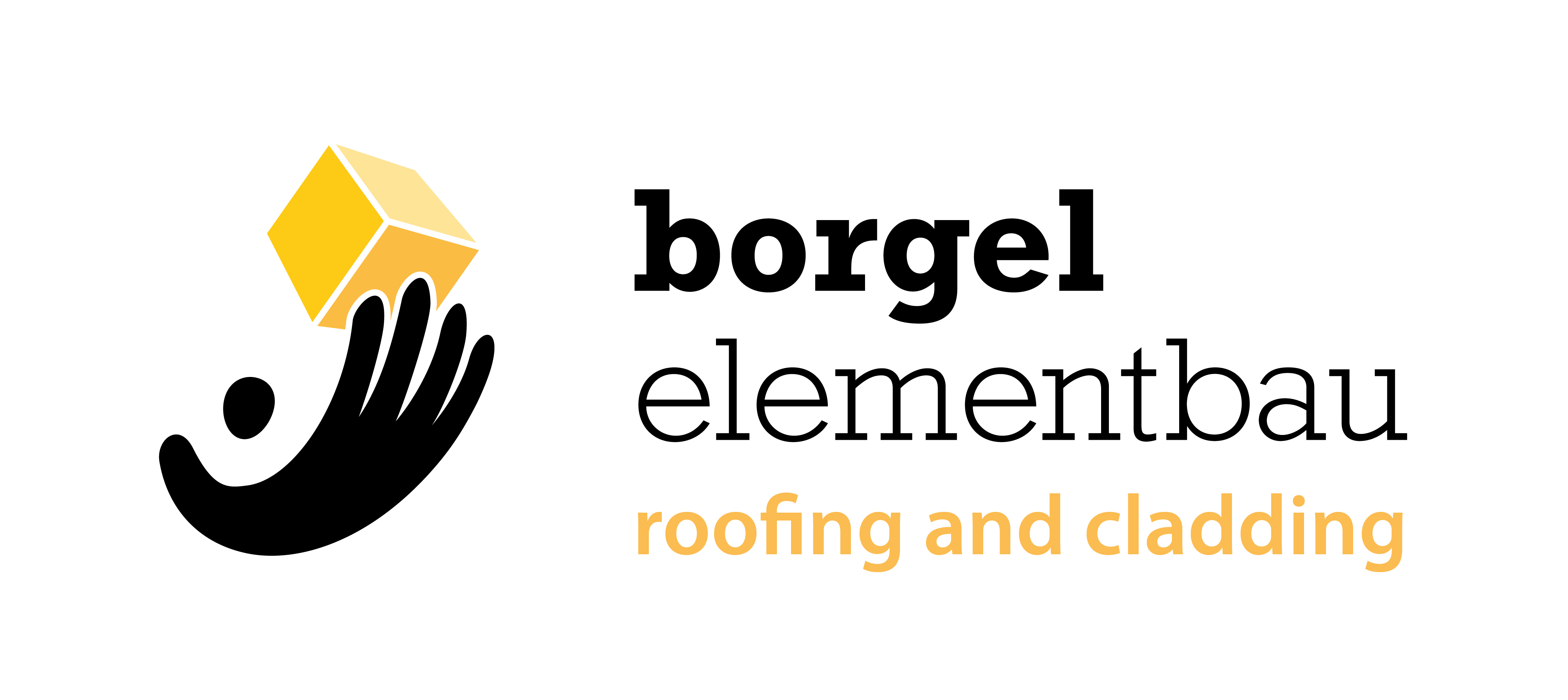

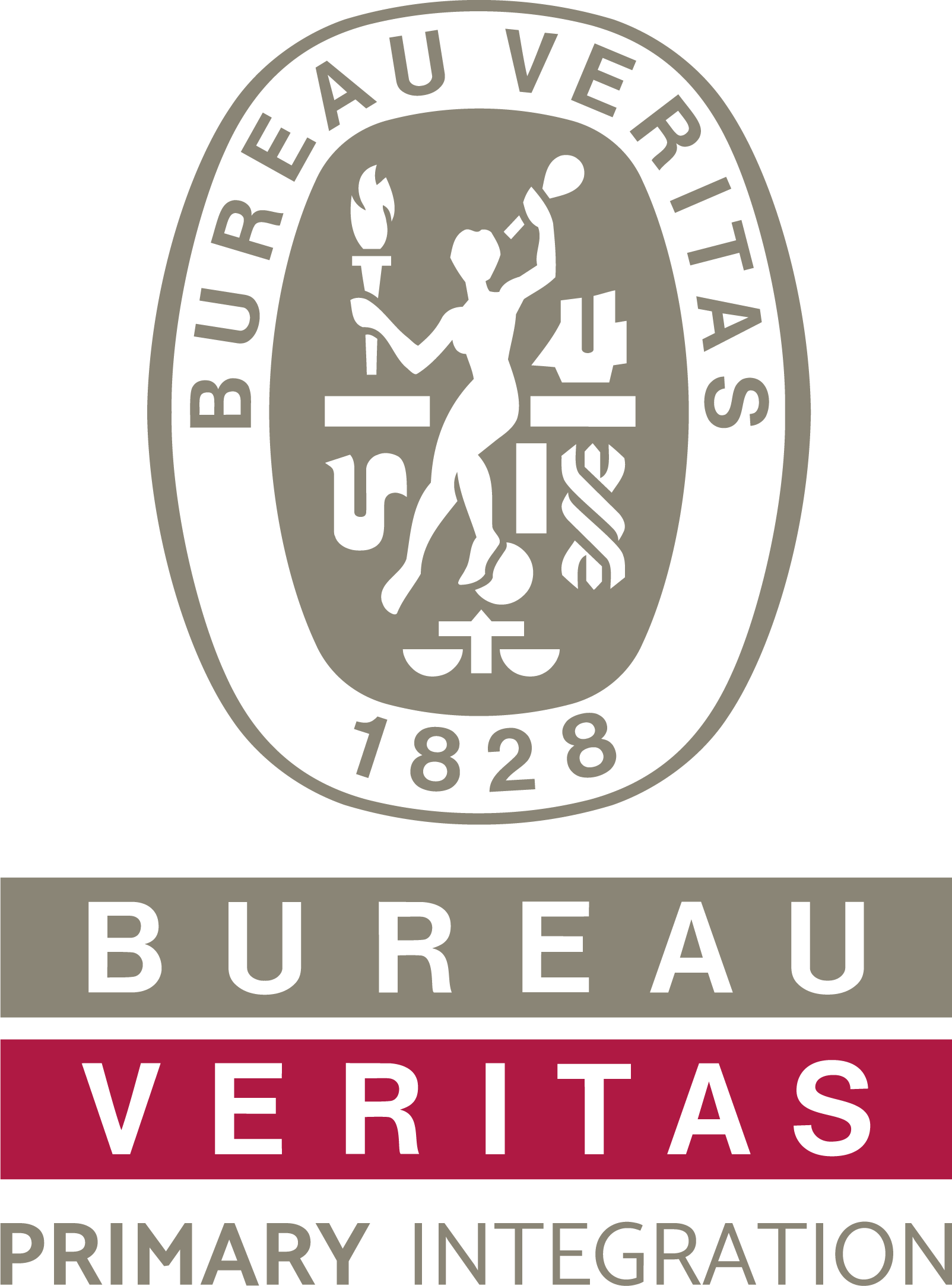








![[Translate to Englisch:] contagi DIGITAL IMPACT GROUP GmbH](/fileadmin/images/logos/contagi_logo.png)

![[Translate to Englisch:] COOLtec Systems GmbH](/fileadmin/images/logos/__COOLtec-Logo-farbig.png)







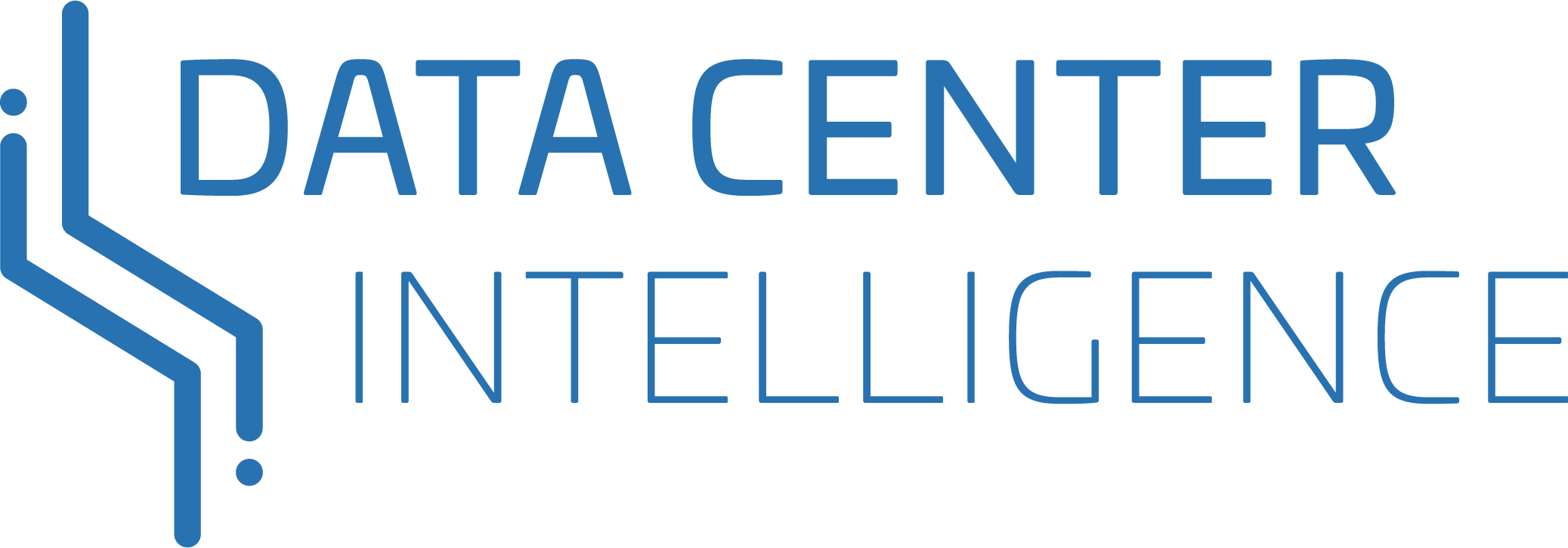




![[Translate to Englisch:] Drees & Sommer](/fileadmin/images/logos/DS_blau.png)


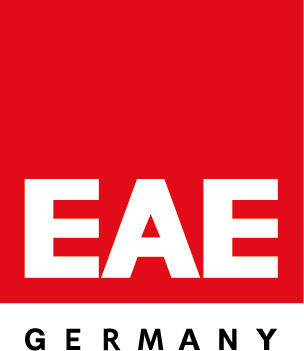
![[Translate to Englisch:] Eaton Electric GmbH](/fileadmin/images/logos/Eaton_Logo.png)








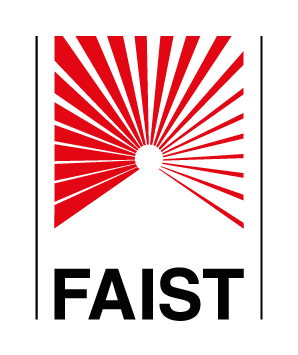















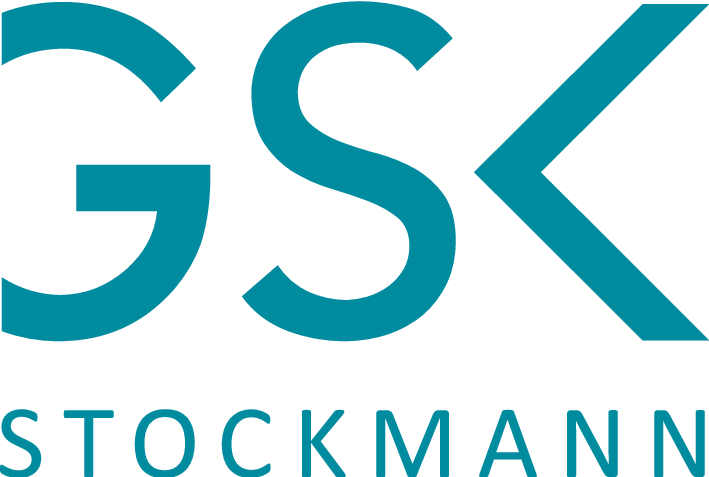

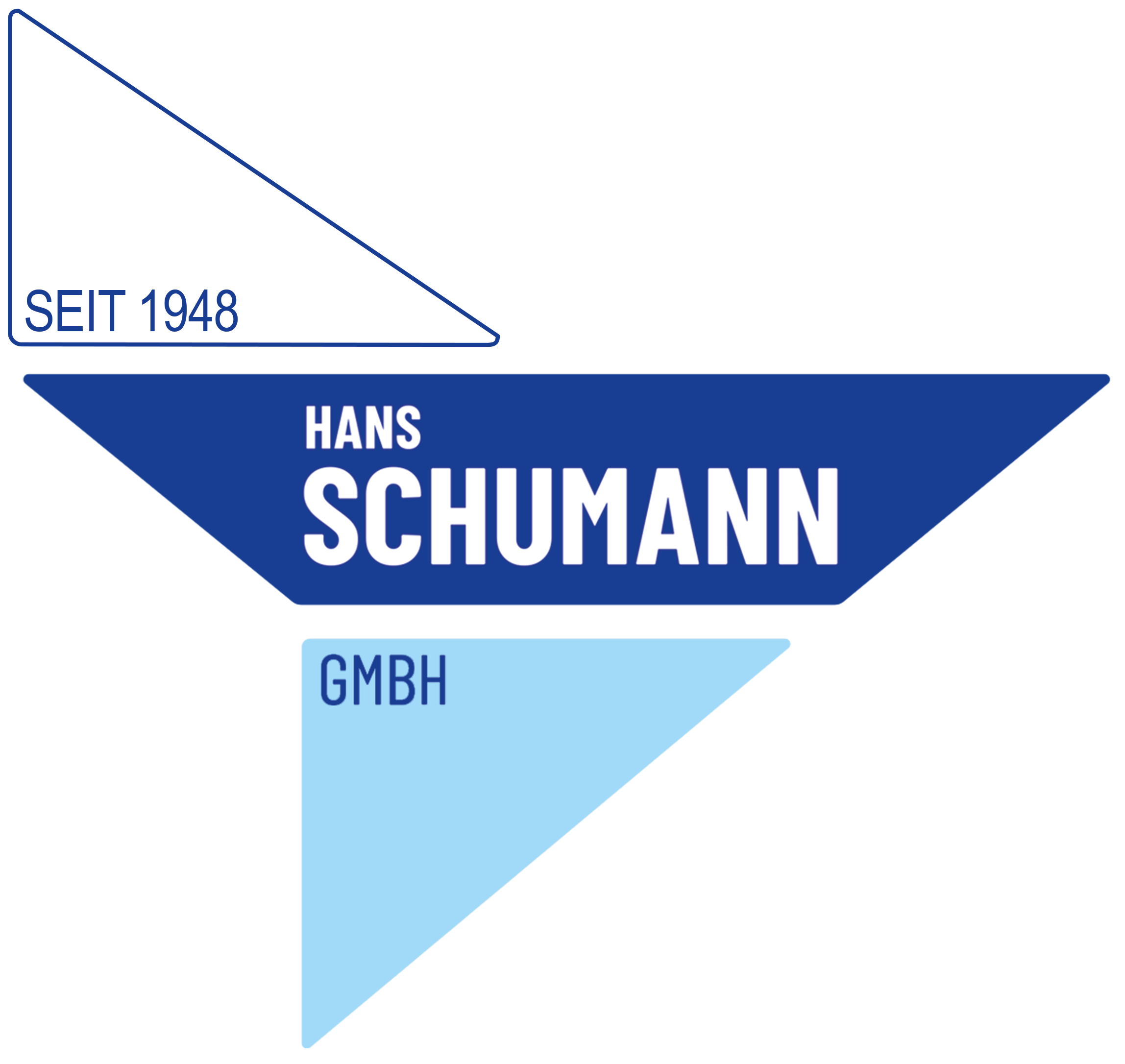
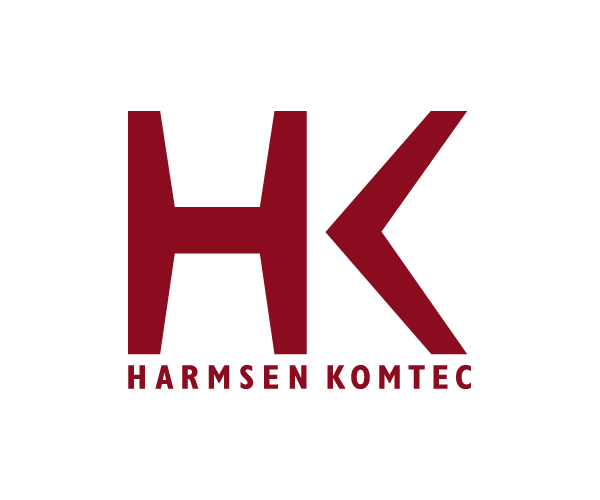

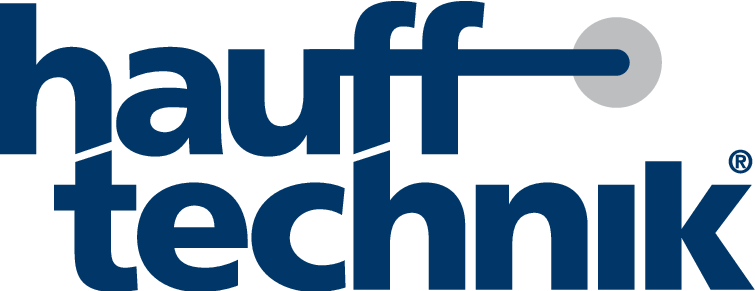






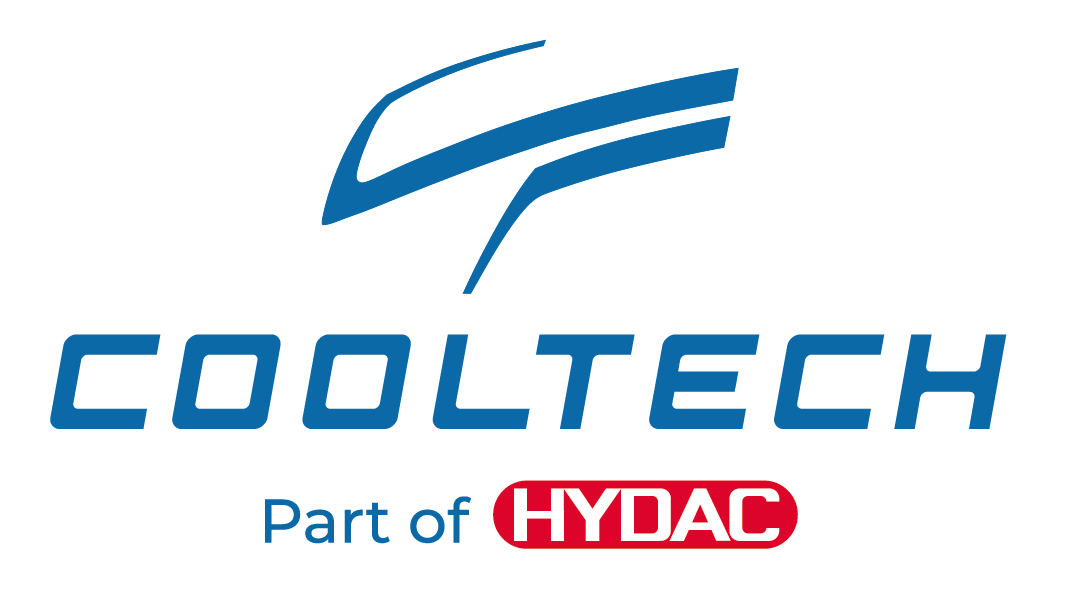





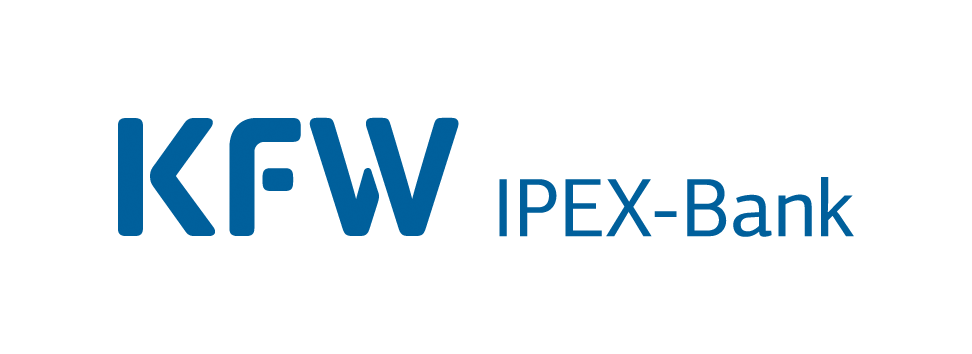
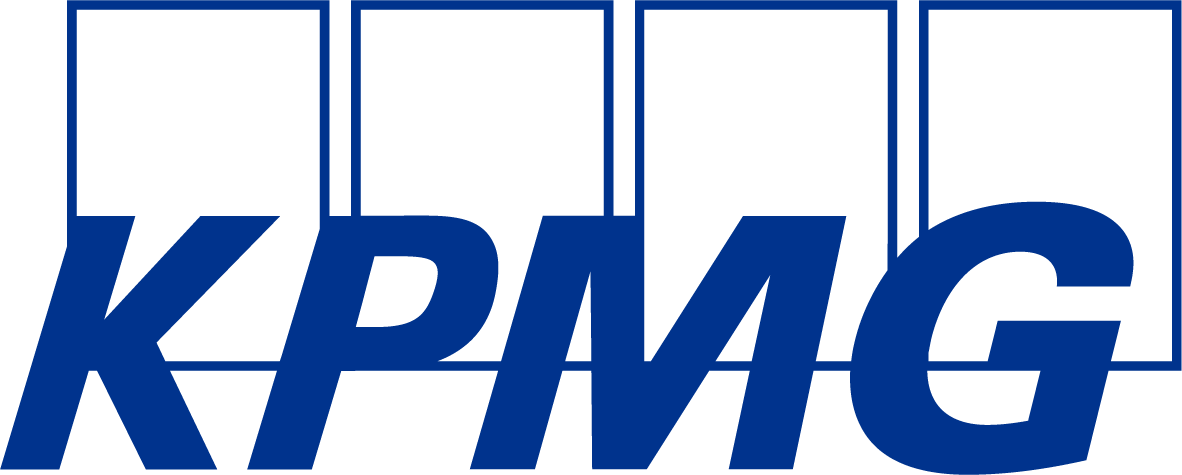







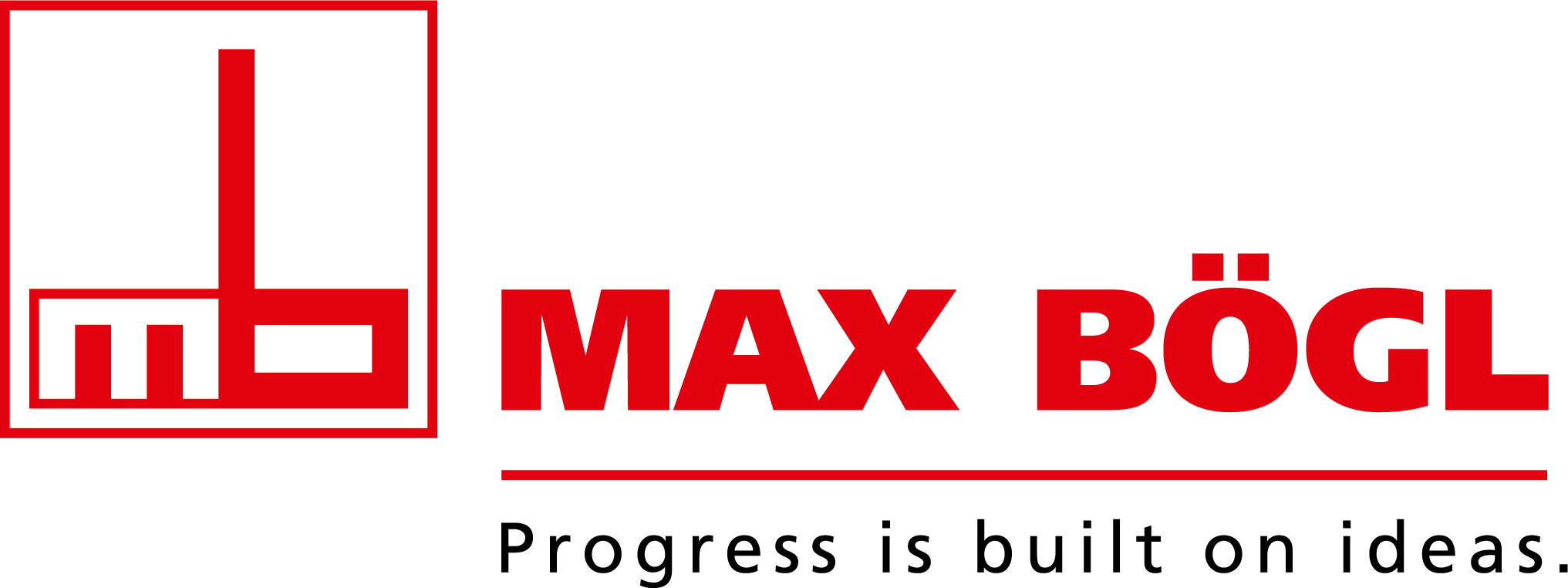







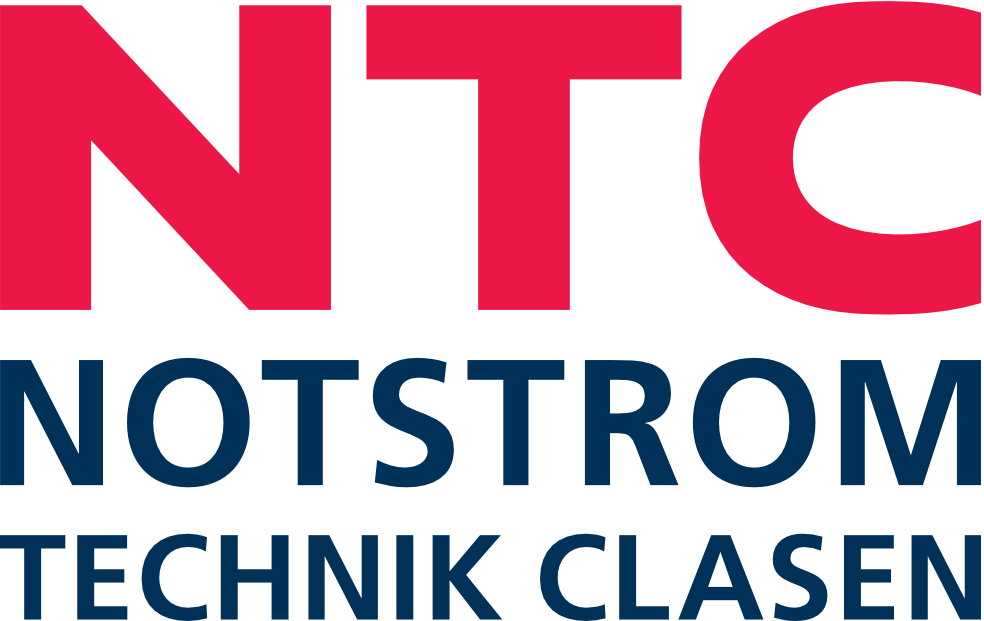



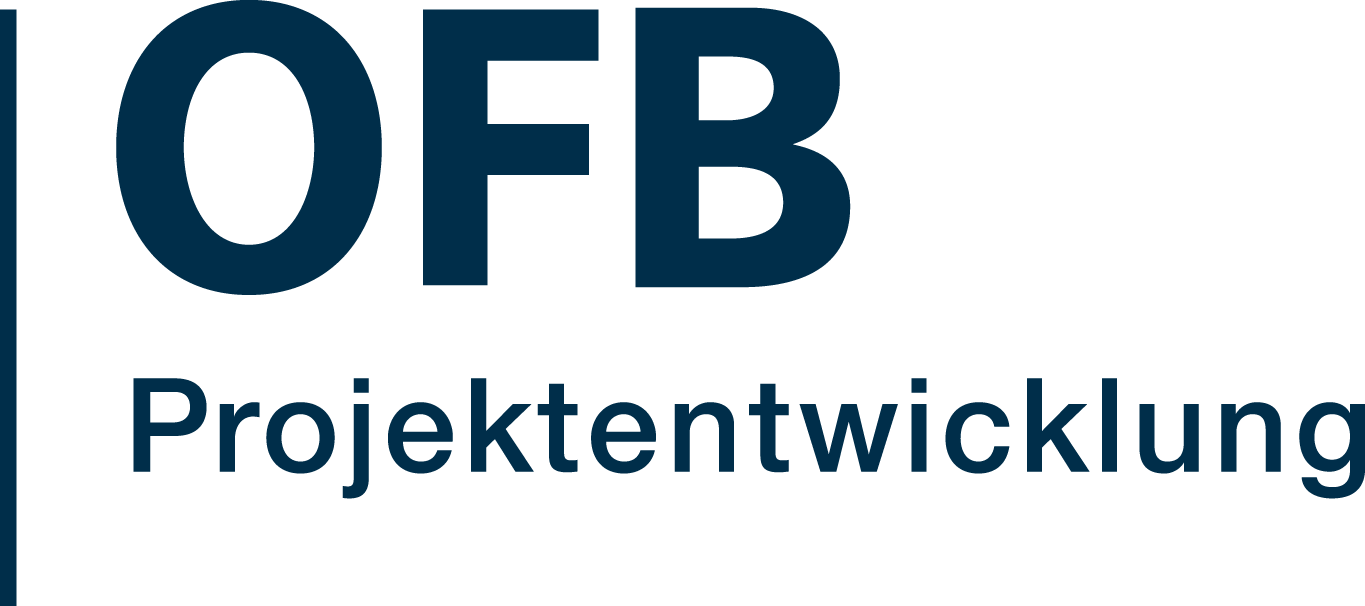
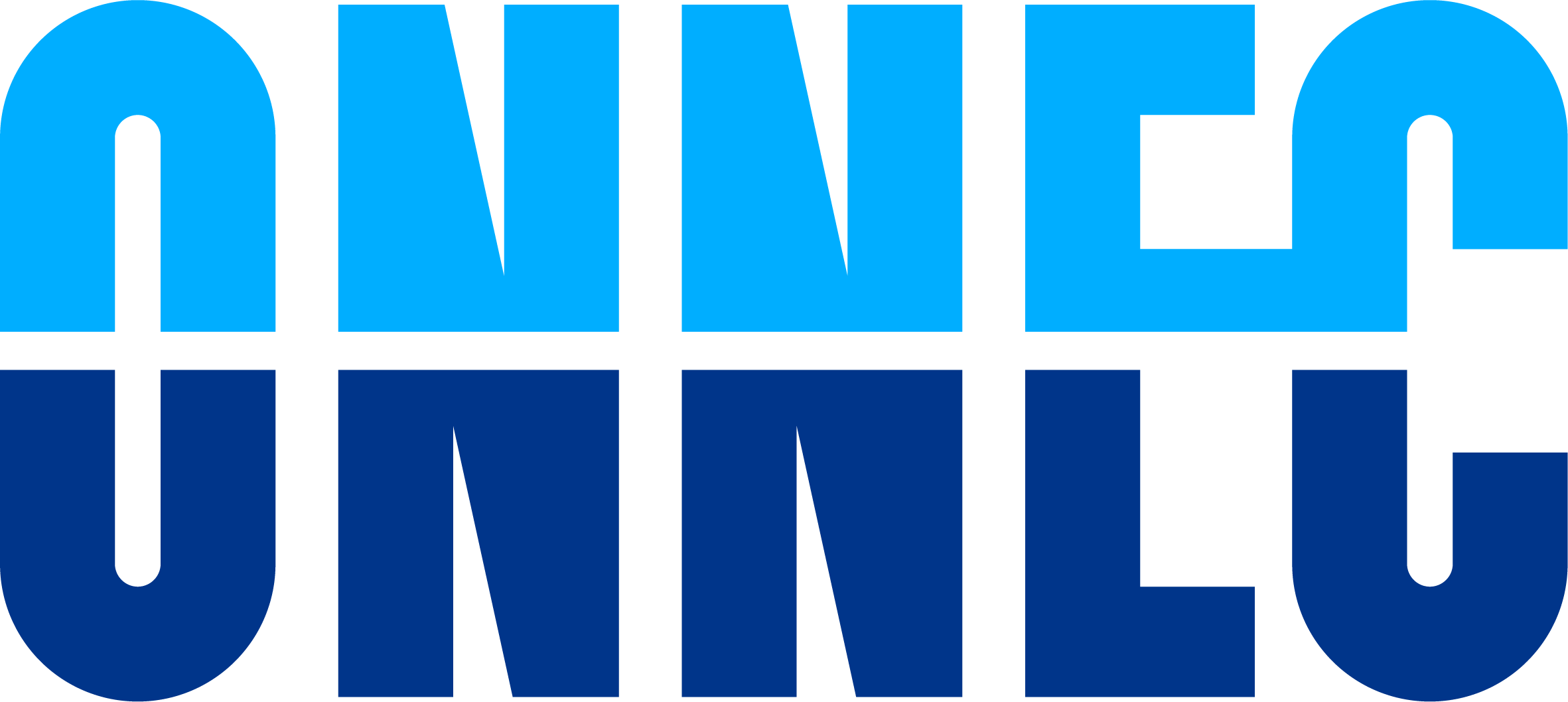
















![[Translate to Englisch:] Robert Bosch GmbH](/fileadmin/images/logos/Bosch_symbol_logo_black_red.svg)

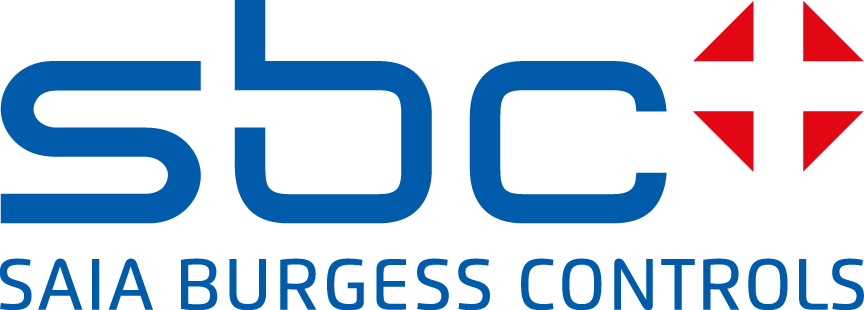




![[Translate to Englisch:] SGB-SMIT GmbH](/fileadmin/images/logos/SGB_SMIT_Logo_CMYK.png)

![[Translate to Englisch:] Sims Lifecycle Services](/fileadmin/images/logos/SLS_RGB.png)


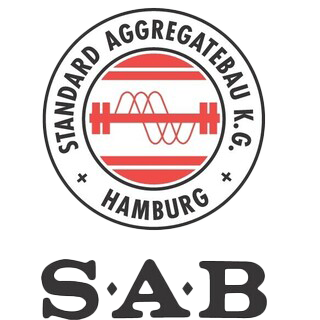
![[Translate to Englisch:] Stengel GmbH](/fileadmin/images/logos/Stengel_it.svg)










![[Translate to Englisch:] Vertiv](/fileadmin/images/logos/ver_logo_tm_vrt_rgb_blk.png)
